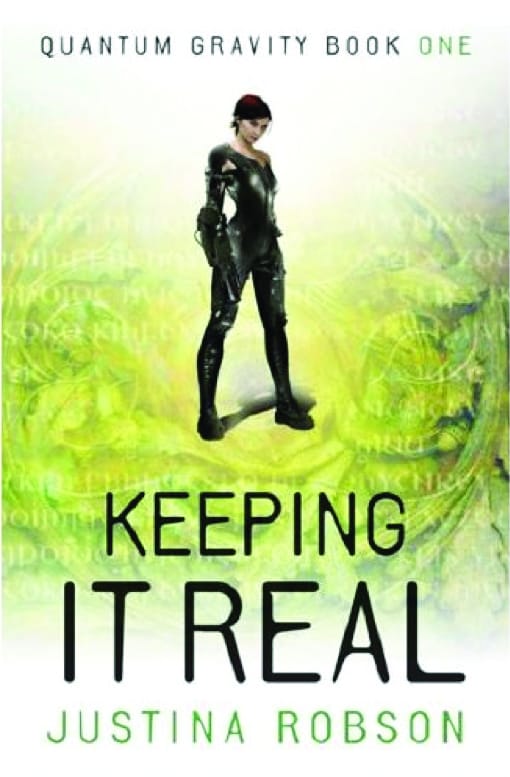How to be a woman
Samuel Furse takes a critical look at a highly praised feminist work

I had been resisting reading this book for a while. Partly because I have no desire to lose the meat and two veg, and partly because publishers are canny enough to know their target audience and design the cover accordingly. Having worked for a bookshop as an undergraduate I also know that the covers are as much of a fiction as the text they are attached to. But, on a day between Christmas and New Year, having lost all my dignity by finding myself both in a Waterstone’s and in a provincial town, I seized the opportunity to satisfy my curiosity.
And I was pleased I did. There were enough words I do not know for me to listen, without alienating me. There were jokes on every page and it was engaging. There is an observational and articulate person behind the text who is able to get their point across cleanly. It was a good read, I was hooked. Perhaps this is why I found a lot of the book so disappointing. I did not want to dislike it, but as it got so decidedly off-centre in places, I could not help but feel let down.
I suppose what I should do is go and write a book myself, and have it published, and use that as my response. But of course the world does not work like that. This book is a product, to be sold. And this one has been, and even to me. Does it help that the writer is both pretty and intelligent? Probably. But it is also because it is what people want. So, I make the following arguments, in the style of the author herself, both as a list and with some trepidation:
I did not want to dislike it, but ... I could not help but feel let down
- Sexism is not what you describe, Caitlin Moran. Yes there are wankers who leer suggestively and tastelessly and their behaviour undermines a woman’s self-confidence, and of course that is about as acceptable as arbitrarily chopping bits off people. However, it has almost nothing to do with the recipient of such behaviour. The reason it happens is because there is a stupid person (in this case, a man) who does not understand what happens to him when he sees a woman. All he can do is respond in a way that suggests quite strongly he has no idea what he looks like. Added to which, the reason why telling men, or even making it unacceptable for them to behave like that, has not worked, is because the underlying problem has not been solved. There will always be wankers.
- Men do not have all the power or all the influence. The world just does not work like that, and probably never has. Needless to say it is only comparatively recently that women have been in posts or offices that are considered powerful, but that is really not the same thing as becoming more influential.
- I have often thought that women are judged more on how they look than men are, and men are judged more on what they have than women are. There are a variety of tedious arguments about whether this is nature or nurture, but one point that is rarely made is that we are judged on what it is we care about: I am judged as a scientist because I want to be one. There would be no point in judging someone as a florist if they say they want to be a mechanical engineer. That is why a woman might take longer choosing a for a night out and her boyfriend will not really give a hoot. And all he wants from her shoes is for them to be pavement-worthy. Equally, men often do just the same thing about money, influence or intellectual standing. They may become obsessed with a promotion and pay rise, the latter of maybe not even 10% of their current salary. If they get it, their other half is not going to love them more. But he will still go for that promotion and the extra cash, he is motivated for it. Both women and men have similarly false connections, it does not make either gender worth less.
What is lacking from this book is an understanding of human nature, of what is alike about men and women. If this were injected it would help tell us how things may be judged intellectually. Blaming men, sorry, “the patriarchy” for one’s own perceived shortcomings, and in an off-centre way, achieves nothing. But, as I say, it is a book made for selling.








